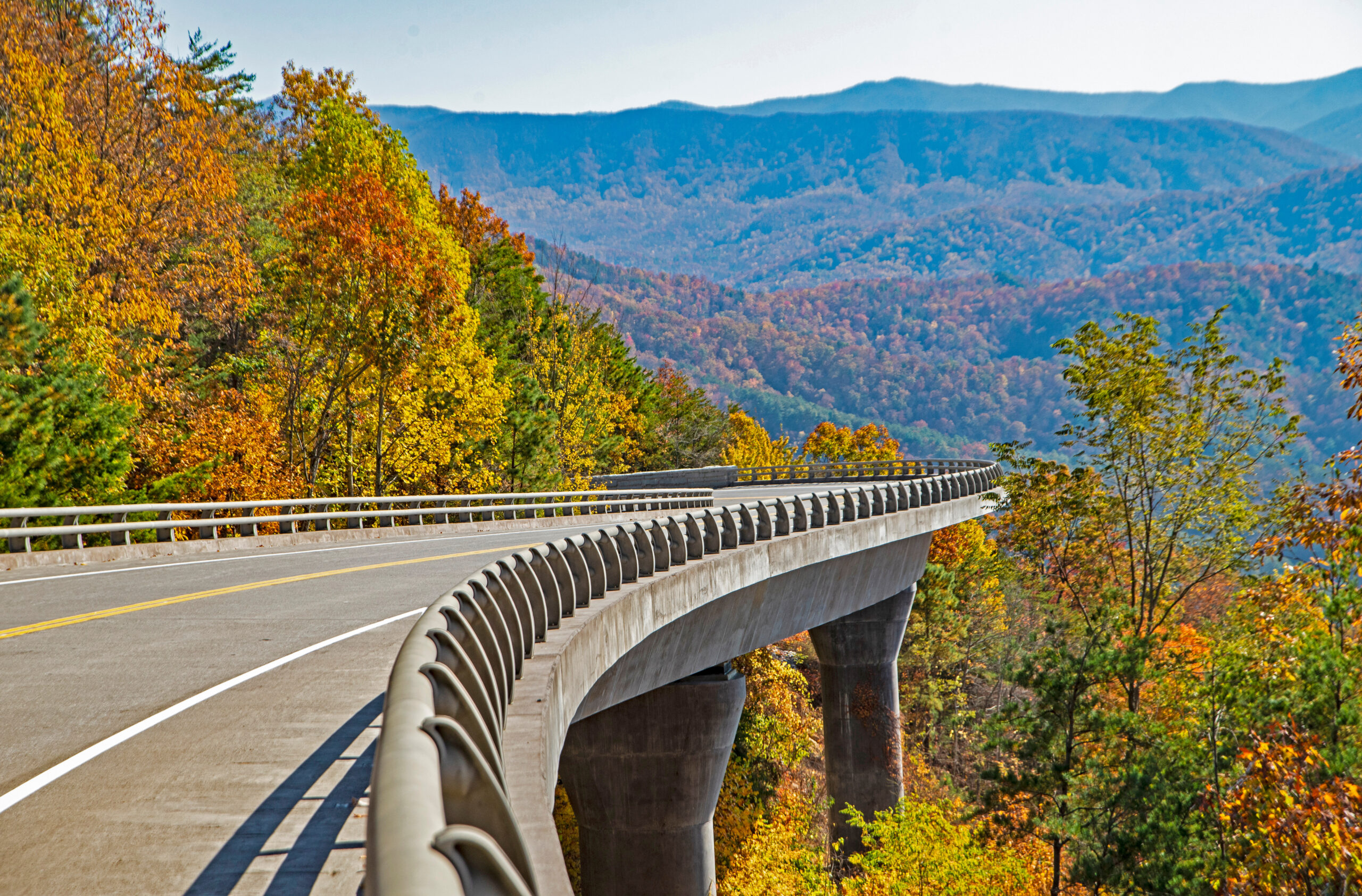Planning a trip to the national park during your next Smoky Mountain vacation? Here’s everything you need to know before your visit, including parking details, how to purchase parking tags, and where the proceeds from these tags are used.
Who Needs a Parking Tag?
All visitors who will be parked longer than 15 minutes within the Great Smoky Mountains National Park will need a parking tag. People renting picnic pavilions, concession customers, and backcountry campers are not exempt from the parking tag requirement. Registered campers do not need a tag to park at their designated campsite. Visitors with handicap license plates or placards do not need a parking tag. Other exemptions from the requirements are school groups, burial services, church services, and decoration days.
Pricing and How to Purchase
Visitors can purchase annual tags for $40 in-person at any visitors’ center, or online at https://smokiesinformation.org/shop/. Tags purchased online will be sent right to your door. However, please allow two weeks for shipping.
General Sales
Daily parking tags will be $5, and weekly parking tags will be $15. Tags can be purchased in-person at the various visitor’s centers and the automated fee machines at various parking areas (Cades Cove, Deep Creek, Metcalf Bottoms, Newfound Gap). Visitors can purchase the tags online via recreation.gov. The tags will be received by email, and visitors will need to print them and display them in their vehicle before visiting the Great Smoky Mountain National Park; park staff will not print the tags for you. Digital representation of tags will not be accepted. Parking tags will be needed for all vehicles that are parked for more than 15 minutes in the park.
Important Disclaimer
Parking tags cannot be replaced, refunded, transferred to another vehicle, or upgraded to another kind of parking tag. The number on your parking tag must match the number on your vehicle’s license plate.
Where Do the Funds Go?
100% of the revenue from the parking tags will stay in the Great Smoky Mountains National Park, which will lead to more enforcement and improvements around the park.
View the Great Smoky Mountains National Park “Know Before You Go” handout here.


